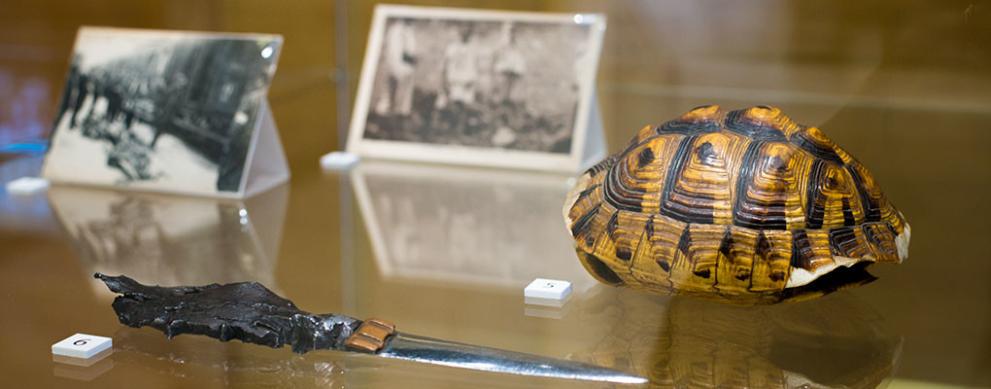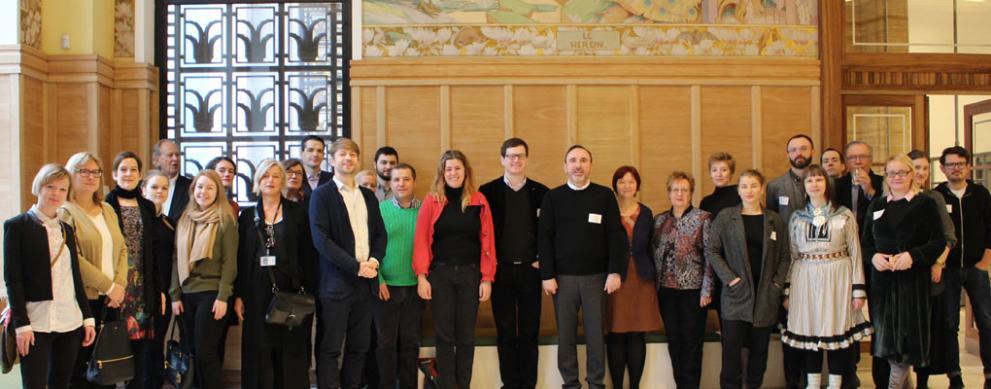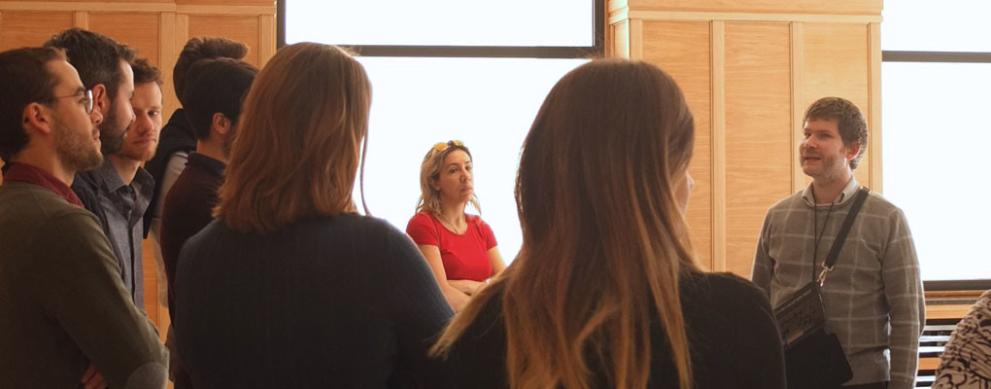
By Jonathan Even-Zohar
Image: World War One Centenary Display, A collaboration between the House of European History and Europeana, November 2018

On 15-16 December, Head Chef from Café Europa Rueben de Wolf prepared a selection of traditional winter desserts from European countries.
Read on to discover the history behind each dessert, and the recipe for baking them yourself!

The House of European History participated in Bozar’s programme “1918, European Dreams of Modernity - 100 years on” with a series of guided visits in the museum, under the name of Daydreaming Nations Tours...




